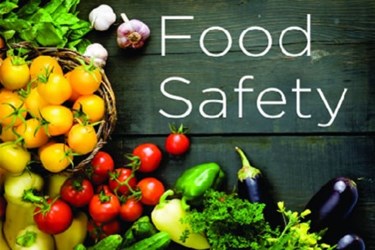5 Things Your Food Safety Plan Must Include

By Sam Lewis

FSMA is coming, whether you like it or not. One of the most menacing aspects of preparing for its implementation is formulating and enforcing a Hazard Analysis and risk-based preventative controls process — a food safety plan. While daunting, the task is not impossible. Here are a few things you need to know.
Two of FSMA’s main components are proposed rules related to the manufacturing of human food and the manufacturing of animal food. Both rules necessitate current Good Manufacturing Practices (GMPs). Both also require a written food safety plan document showing:
- Hazard Analysis identifying and evaluating the known and probable dangers for each type of food that is made, processed, packed, or stored within a facility. This evaluation seeks out potential risks going beyond critical points
- Preventative controls must be distinguished and implemented in response to risks found in the Hazard Analysis. These will prevent or considerably reduce those risks.
- Monitoring techniques are a must. These should be tracked, which will give promise that risk-based preventative controls are being performed consistently. Records must be kept documenting that monitoring has occurred, along with its results.
- Corrective actions to be taken if preventative controls fail or are not properly implemented must be identified in the safety plan. Additionally, the corrective actions must also include a plan for recalls.
- Actions for verification must happen to ensure that preventative controls are operational as well as effective. Should verification processes show that preventative controls are not effective, if new products are being made in the facility, or a new procedure is introduce to production, a new Hazard Analysis is needed.
- Facilities will need to keep written records of the food safety plan. This includes the fundamental Hazard Analysis. The facility will also need to keep records its preventative controls, its monitoring procedures, its corrective actions, its recall plans, as well as its verifications.
